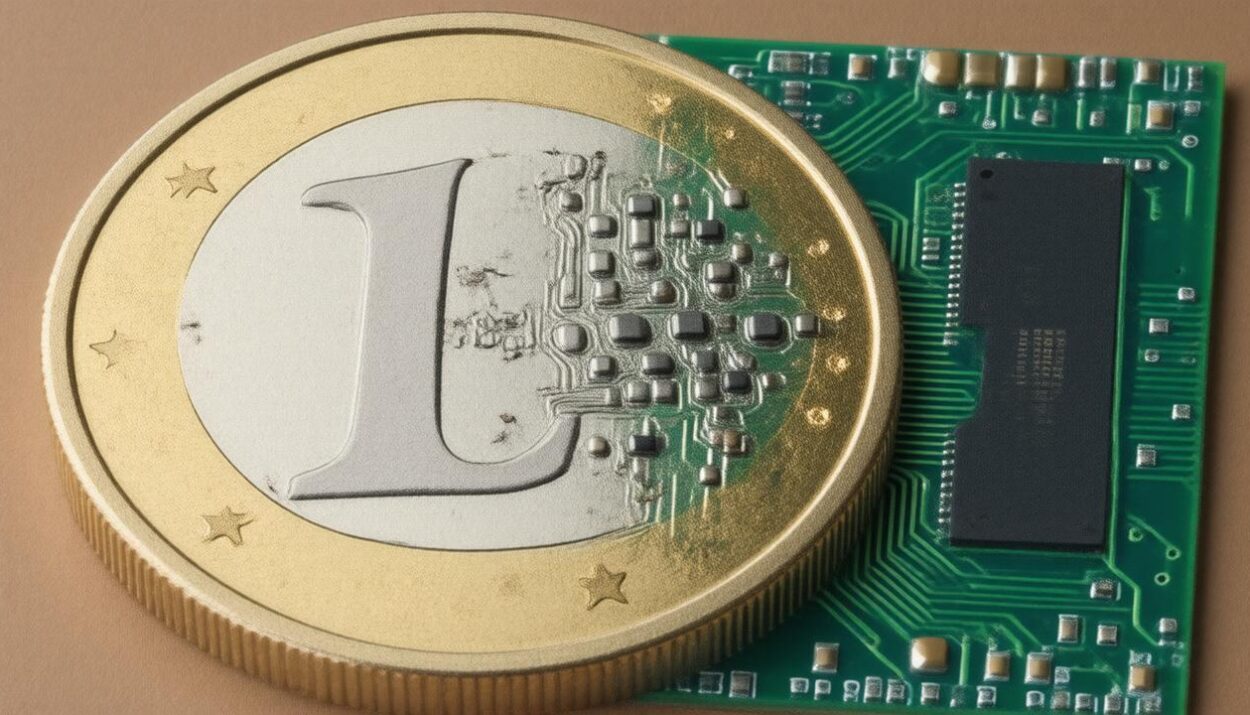Digital Euro Progress: Stefan Berger Steps Down Amid Controversy
Stefan Berger, a key figure in the European Parliament’s discussions on the digital euro, has stepped aside from his role, paving the way for progress on the project without controversy.
As a veteran German lawmaker from the center-right European People’s Party, Berger had become one of the digital euro’s biggest critics. He announced his decision to step down, stating that “it’s time for someone [who] is not coming from Germany and is not under suspicion that he wants to delay the talks.”
Background on the Digital Euro
The digital euro, a virtual version of euro coins and notes, aims to improve payments in the eurozone and reduce dependence on foreign companies like Visa and Mastercard. However, it has faced pushback, especially from German banks and citizens worried about its design and financial risks.
Berger had raised concerns that the digital euro could lead to sudden withdrawals, hurting smaller banks. Despite helping create the Markets in Crypto-Assets (MiCA) regulation, which will make the EU the first major region with clear crypto rules, Berger faced challenges getting similar support for the digital euro.
Challenges and Next Steps
Berger had proposed a gradual approach to implementing the digital euro, starting with wholesale transactions. However, critics claimed he missed deadlines and slowed progress, leading rival lawmakers to call for his removal earlier this year.
Markus Ferber, who oversees economic issues for the EPP, will choose Berger’s replacement within a week. Meanwhile, the European Central Bank is currently testing the digital euro’s feasibility, with plans for a pilot program in the coming years.
Some key points to consider about the digital euro:
- Improved payments in the eurozone
- Reduced dependence on foreign companies
- Concerns about design and financial risks
- Potential impact on smaller banks
What’s Next for the Digital Euro?
The European Central Bank’s recent progress report on the digital euro implied that it might drop offline digital euro payments if it can’t agree with smartphone makers on secure chip integration.
As the digital euro continues to evolve, it’s essential to stay up-to-date on the latest developments. For more news on cryptocurrencies and digital currencies, visit Global Crypto News.























